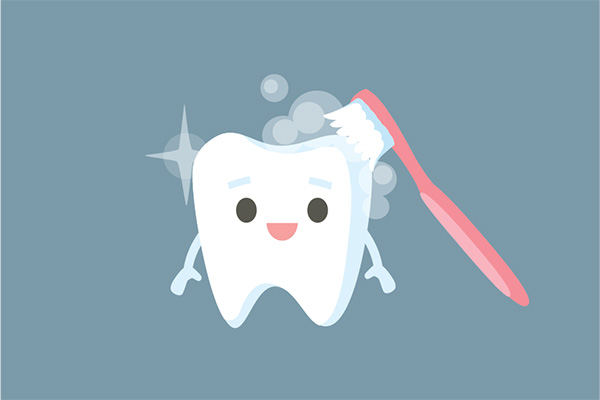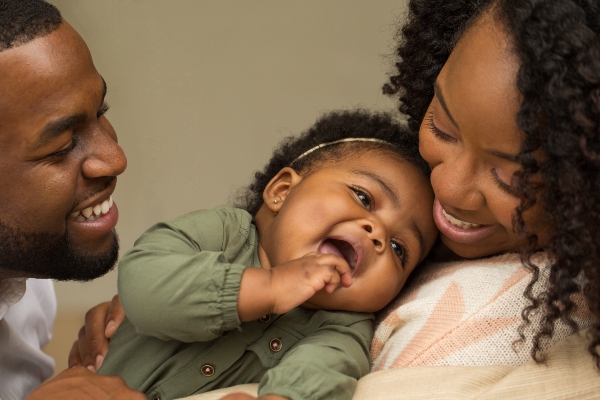 One of the goals of pediatric dentistry is to make sure kids understand the value of oral health. This is possible with the help of parents or guardians. First-time parents can consult the pediatric dentist about what to do. If you want to know how to teach your kids proper oral hygiene habits, here are some pediatric dentistry tips to consider.
One of the goals of pediatric dentistry is to make sure kids understand the value of oral health. This is possible with the help of parents or guardians. First-time parents can consult the pediatric dentist about what to do. If you want to know how to teach your kids proper oral hygiene habits, here are some pediatric dentistry tips to consider.
Start teaching during early childhood
Pediatric dentistry professionals encourage early orientation to proper oral hygiene. Teaching must happen when children turn a year old or about six months after the first tooth’s eruption — whichever comes first. This may seem too early for a dental appointment, but it is ideal. Once the first tooth emerges, it will be susceptible to plaque. The dentist will educate the parents about the child’s dental development.
The first dental visit is also the right time for educating the parents about the proper ways to achieve a healthy smile. Establishing oral hygiene at a young age can help prevent bad dental habits. It can also help the child appreciate dental visits. Investing time, effort, and money in a child’s oral health is important in their proper development. The child can observe oral care practices as the primary and permanent teeth set in.
Encouraging kids to make personal choices
Parents can also let oral hygiene become a personal choice for kids. Having children choose their own toothpaste flavor and toothbrush design makes everything easier. Manufacturers of pediatric dentistry accessories have product lines for children. Toothbrushes, flosses, and toothpaste can come in various colors, designs, and characters that kids find attractive. Letting them choose what they want is a good way to make dental care a fun habit.
Having teaching moments
Children tend to absorb information right away. At a young age, parents must teach what they can about dental health. Forming a good foundation for a proper dental cleaning will benefit the child as they grow up. Parents can use colorful pediatric dentistry visual aids to have the children participate in the dental care lesson. It is always ideal to teach by example. Brushing and flossing with children can help them learn the techniques better.
Having a reward system
Teaching kids about dental care can be challenging. Some kids do not like to brush or floss at all. Parents can establish a reward system to make brushing and flossing more rewarding. For example, a treat at the end of the week can make kids more enthusiastic about their oral hygiene. This will establish a positive attitude toward dental health.
Forming a routine
Kids do well in routines or repetitive activities. This allows them to find stability in daily activities. Oral hygiene in the morning, at lunchtime, and in the evening helps children practice oral care techniques. Practice makes brushing and flossing better.
Pediatric dentistry tips for oral care can help kids brush and floss better
Parents can help their children become more responsible and independent by teaching them proper dental care. Pediatric dentistry clinics always make sure parents are equipped with the right knowledge about the proper care of children’s teeth. Teaching good oral hygiene is important. This is where pediatric dentistry tips can help in a significant way.
Request an appointment or call Nett Pediatric Dentistry & Orthodontics at 623-759-7658 for an appointment in our Phoenix office.
Recent Posts
Regular visits to a pediatric dentist who specializes in young patients are an important part of establishing good oral health practices. Many instances of severe dental conditions in children stem from either a lack of regard for proper hygiene or a lack of knowledge on the proper ways to care for a child's teeth. Check…
Pediatric dental care supports children's health, comfort, and development. Not only does it strive to detect and treat oral health problems early, but it also desensitizes children to dental visits to make each experience more comfortable. This special care and attention can motivate children to take good care of their teeth from a young age.Dental…
Cavity treatment for kids is a chief concern among parents, and for a good reason. Cavities are common in children of all ages. According to the Centers for Disease Control and Prevention, over half of the kids ages 6 to 8 have had at least one cavity in a primary tooth. The good news is…


